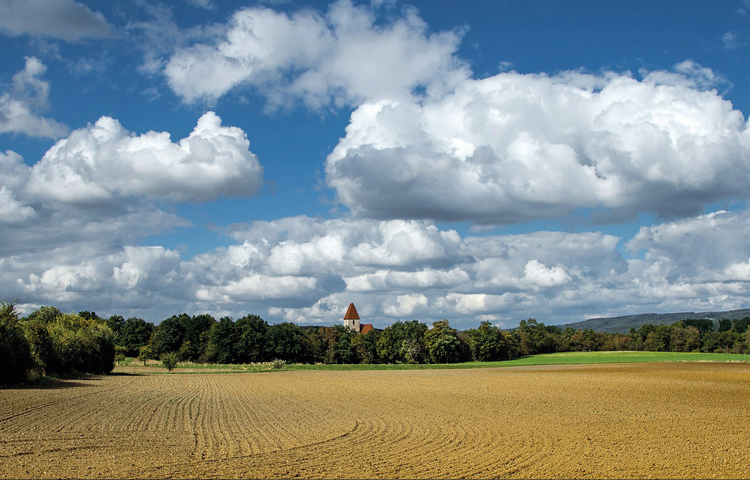
With house prices and land value increasing, many farmers are considering developing farmland to meet the upsurge in demand for residential development. Land promotion may be a strategy to consider when looking at what is likely to be your most valuable asset – your farmland.
If you have excess or under-utilised fields, paddocks or other unused space, developing your farmland could be a viable option to releasing equity for investment or future growth in your farming business. However, it isn’t as simple as just putting up the land for sale as you might do for agricultural purposes. Developing farmland needs consideration of several factors, including whether the site is sustainable (is it in a serviceable location), if developers could technically deliver the infrastructure required such as drainage and access.
Many farmers are considering Residential Promotion Agreements, which are a partnership between the farmer or landowner, and a land promoter, and are becoming more popular than a traditional ‘Option Agreement’. The main benefit of the promotion agreements is that the promoter funds an arrangement ensures the interests of both parties are considered when attaining planning permission, which is critical to the value of the land. Promotion agreements would usually offer an agreed time during which planning permission would be granted, a cap on the costs incurred by the promoter, an agreement on the split of proceeds following the sale completion, and confirmation that the site is marketed once planning permission is in place and sold to the highest bidder.
The key difference between the traditional option agreement and the promotion agreements is that the promoters are working towards achieving the highest value for the land as it is in their best interests, whereas under an option agreement the developer has an option to buy at some point in the future and wants to achieve the lowest possible price for the farmland to maximise their profit. Furthermore, the promoter takes the risk of obtaining planning permission, but to do so increases their financial gain as land is more valuable with planning permission in place.
If developing farmland is not an option from a housing perspective, there are still development options available for farmers to consider. Housebuilders have a requirement to increase their ‘biodiversity net gain’ – essentially builders must ensure that any new development results in an increase in biodiversity for the area, rather than a decrease. As a result, if there is local development elsewhere, builders may be looking for additional sites nearby for this purpose. With energy prices on the increase, developing farmland for renewable energy, such as solar and wind farms, could be a viable option for both larger and smaller plots. Planning permission and connection to the grid must be obtained, but can help farmers generate additional income and diversify their business.
For more information and legal support for your farming business, contact our team to discuss Agricultural Law.